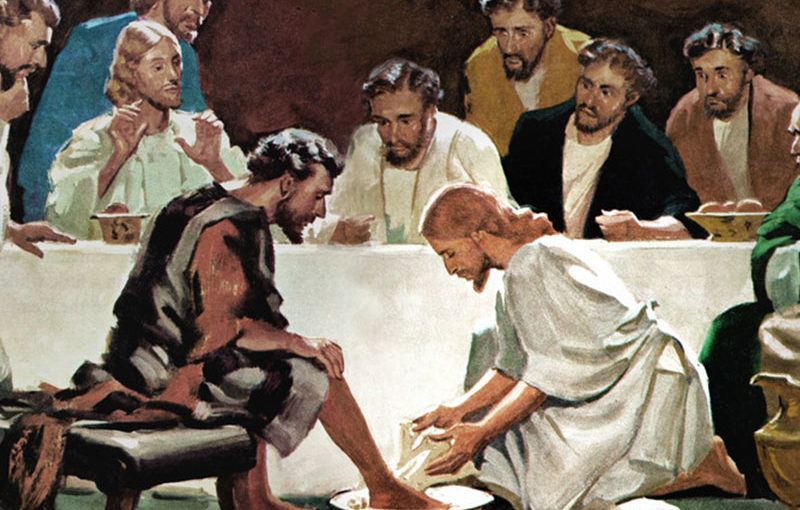Today’s reading is Jeremiah 36, 43, and 45 with a focus on Baruch.
Who was Baruch? Most know of the prophet Jeremiah, but may not know of Baruch, his scribe. Not only was Baruch given the task of writing down the prophecies God gave to Jeremiah, but he was also given the task to tell the Jehoiakim, king of Judah, and his officials what the prophecies said about the fall of Jerusalem to King Nebuchadnezzar when they would be taken into exile as a result of their idolatry and turning away from the Lord. I have to imagine Baruch’s thoughts when he was writing this down for Jeremiah. He was likely thinking this not good and probably wondering who the pour soul would be that had to risk his life to deliver this message….only to find out that pour soul was him!
What else was Baruch thinking? Was he scared for his life? Was he wondering why it had to be him? Was he bitter that although these were Jeremiah’s words, he was the one who had to risk his life and deliver the news? Was he thinking…why me? Whatever fears, anxieties, and maybe even bitterness Baruch had about delivering this message, he must have faced them and let God use him as His servant because he did in fact deliver the message. While we don’t know his thoughts, we are potentially given some insight that he may have been wondering some of these things and really thinking, “What’s in it for me?” In Jeremiah 45:5, God speaks directly to Baruch through Jeremiah and says, “And do you seek great things for yourself? Seek them not, for behold, I am bringing great disaster upon all flesh, declared the Lord. But I will give you your life as a prize of war in all places which you may go.”
Is your life in a spot right now where you are wishing you had accomplished more worldly success and you are not where you thought you would be at this point? Have you been a “behind the scenes” guy or gal like Baruch without much notoriety? Let us remember what the world, and what we being in the world, view as success is not what God views as success. Jesus tells us in Matthew 19:30 and Matthew 20:16 that the last will be first. I’m not saying we shouldn’t have big goals and aspire to be all God’s called us to be and use the talents and gifts He’s given us. If that means we are to be CEO, then that’s great. These verses also tell us the school cafeteria worker, the garbage person, the ditch digger, and the retail worker are viewed just the same in God’s eyes and potentially must greater if they are living for God’s purpose and His Kingdom instead of the world. Jesus says in Matthew 21:28 that even the Son of Man (Him) came to serve and not be served.
If we have not achieved the worldly success we desire or have faced financial or health hardships in our lives despite the fact that we believe we are doing most things right and living for Him and wondering why and “what’s in it for me?”, let us remember that God has given us “life” like Baruch and everything we truly need which is forgiveness from our sins through Jesus so we can live with Him for eternity. This is the greatest gift we could ever be given….for eternity is much longer than the life we are given on this Earth, whatever suffering or challenges we face or lack of worldly success and accolades while here. Do you also believe you have not been living for Him to this point? Well, He gave His life for you and forgives you, and now you have the option to give your life to Him from this day forward. Let us all pray for clarity on where we are today in our relationship with Him and for wisdom on where He wants us to go from here.


